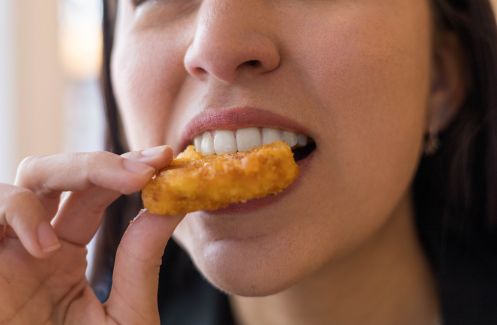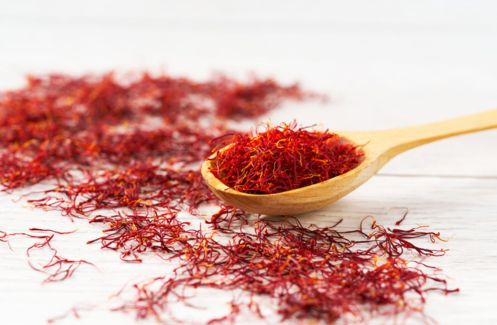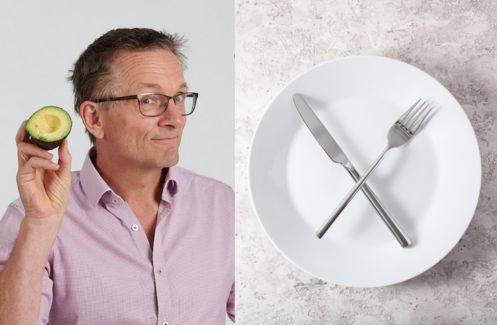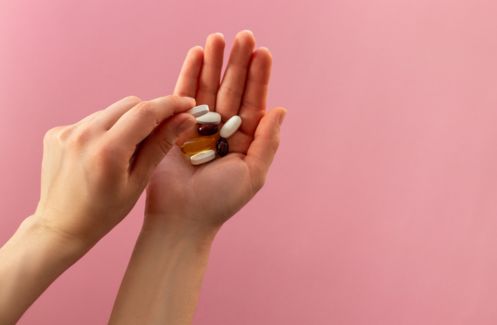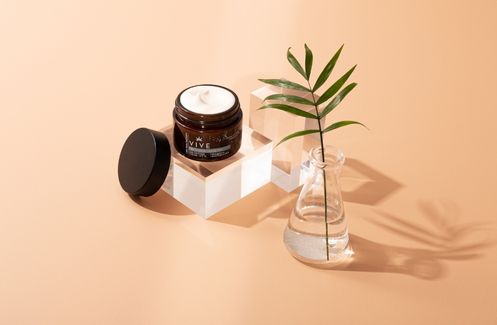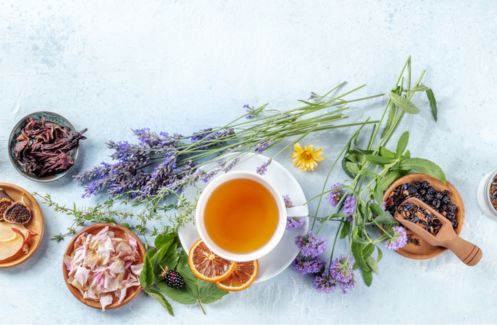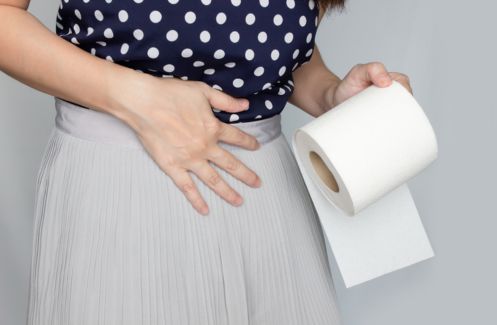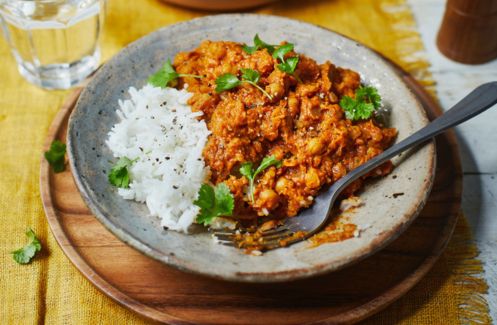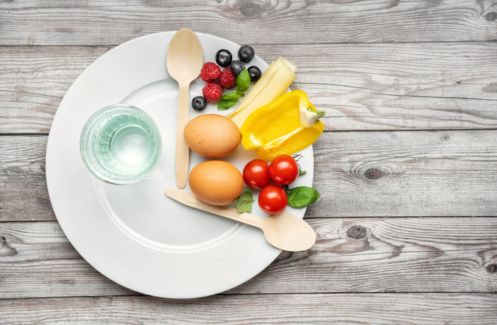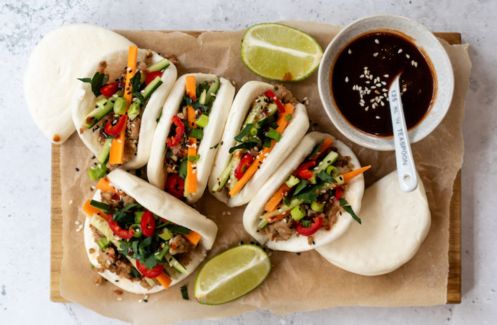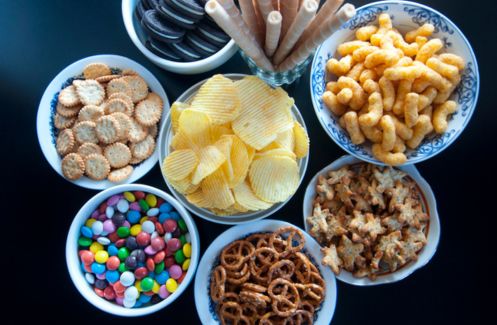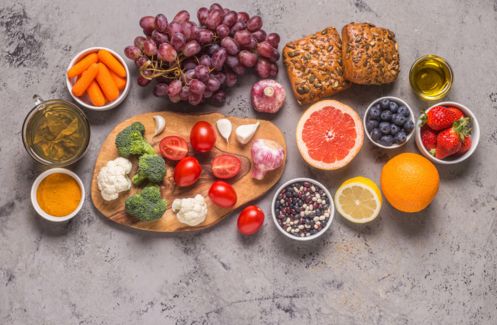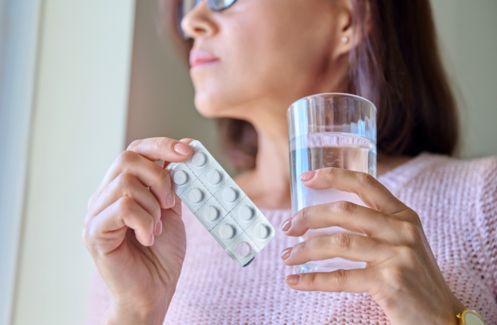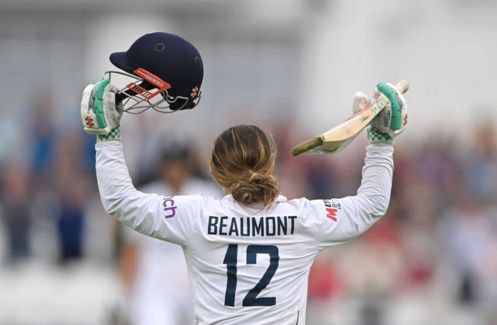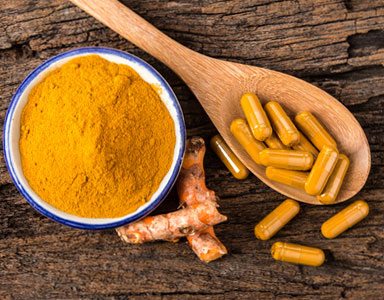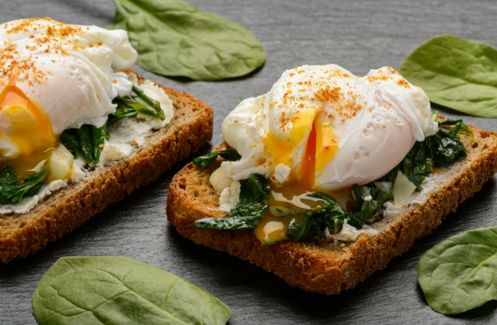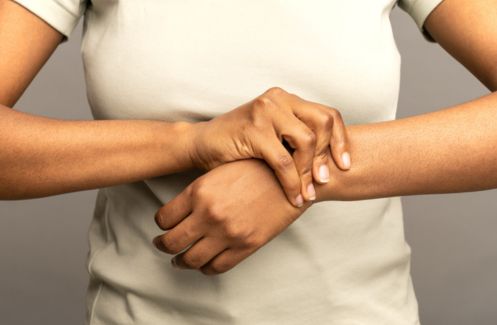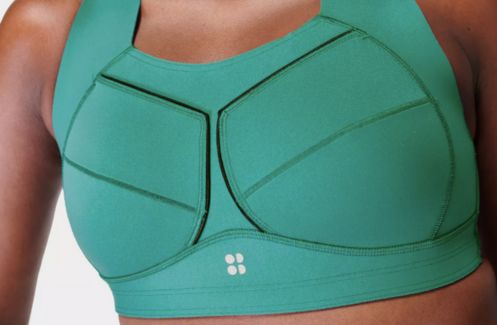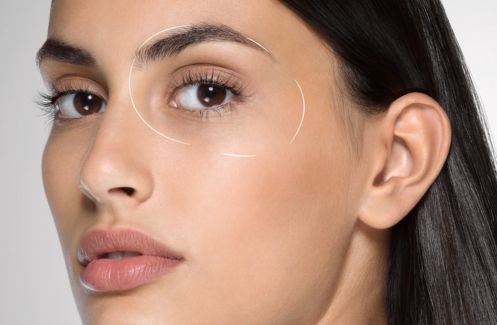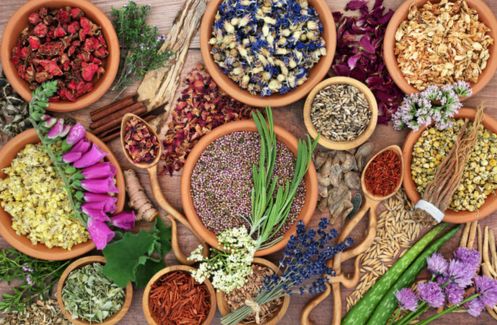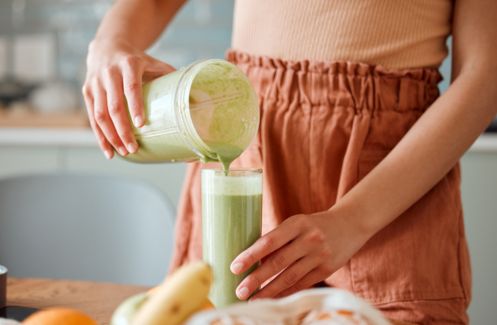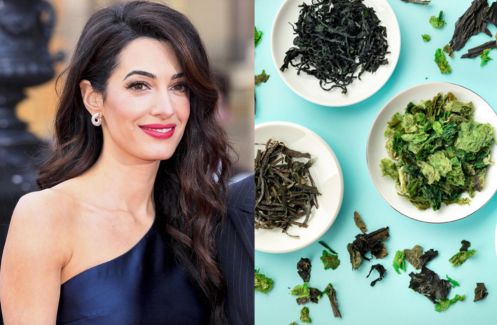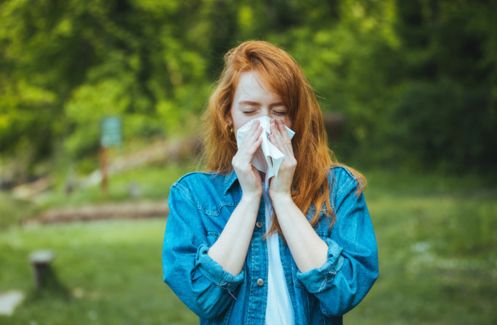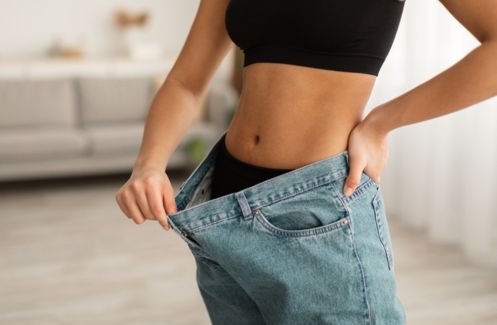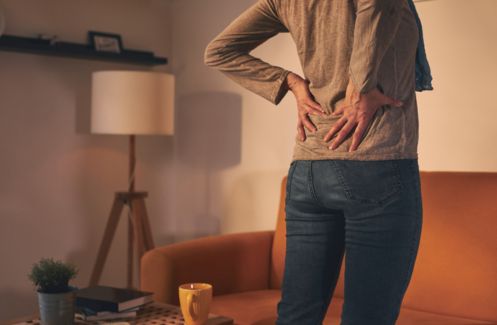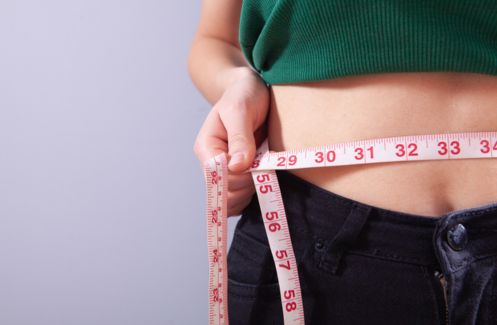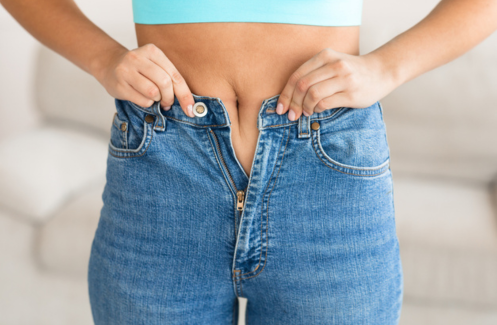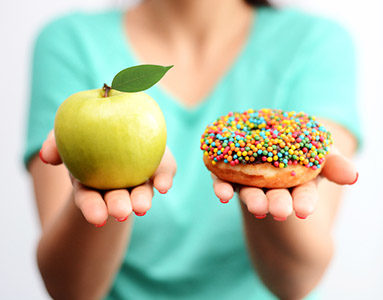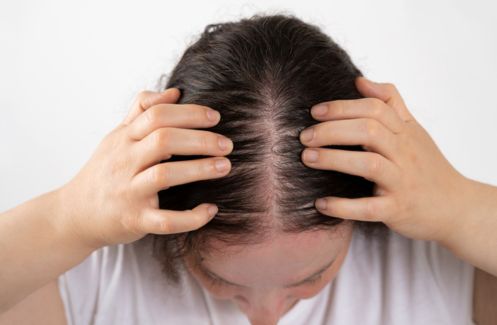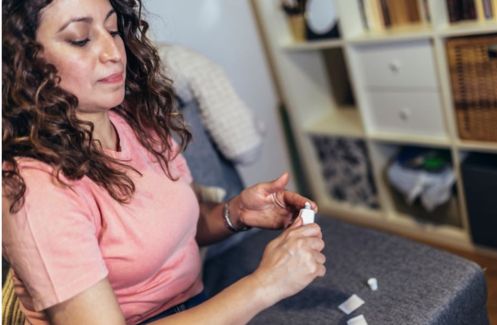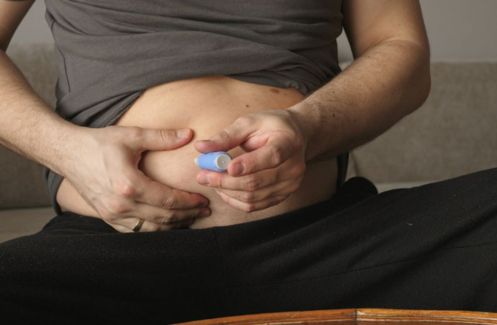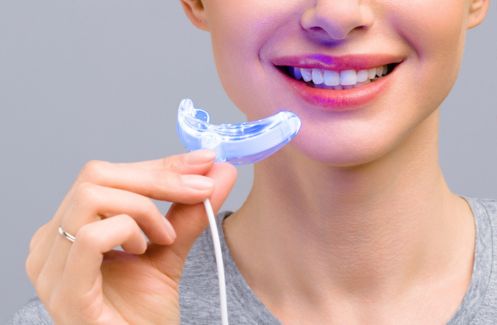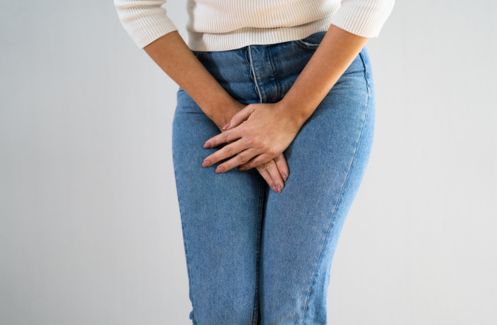With a new royal baby in sight, pregnancy eating is on the agenda again. Nutritional therapist Sandra Greenbank brings you some tips on how to eat during pregnancy to nourish both you and your baby
Pregnancy is a time to eat well, and I always tell my clients to think of it as preparing as though you were preparing for an endurance event. Birth and the postnatal period can be enormously taxing for the mother and baby so good nutrition is vital for both. What you eat, and don’t eat, during pregnancy and even before conception, can have a profound effect on your baby’s health relating to genetic predisposition, and health outlook throughout life. This is why I prefer to work with couples for at least three months before they even start trying for a baby, as it takes around 100 days to mature an egg and a batch of sperm. I work with clients to ensure that they have a good diet and lifestyle, but also to check that there are no deficiencies or health problems that may impact the pregnancy, baby or mum’s health.
birth and the postnatal period can be enormously taxing for the mother and baby so good nutrition is vital for both
The diet principles stay largely the same before and during pregnancy, as the body adapts during pregnancy to absorb more nutrients from the foods eaten, however it’s worth paying special attention to a couple of areas.
Eating for two
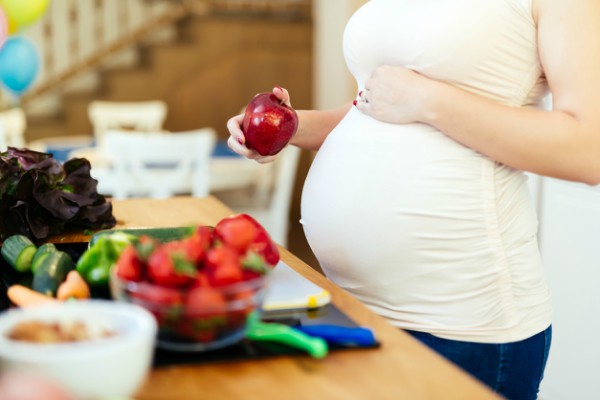
Many mums-to-be are told that they need to put their feet up and ‘eat for two’, however regular exercise is still very important for optimal health, and energy needs don’t actually change at all until the last three months of pregnancy, when calorie requirements increase by about 200 calories per day. This is the equivalent of an apple and two tablespoons of pumpkin seeds.
It’s not about obsessing over weight and calories, but instead, about focusing on the quality of foods. Eat twice as well, not twice as much. When it comes to fruit and vegetable, aim for at least five but ideally ten servings of different coloured fruit and vegetables daily to boost your intake of key vitamins, minerals and antioxidants.
Morning sickness
According to NHS UK, around half of all pregnant women experience vomiting, and more than 80 per cent experience nausea in the first 12 weeks. Unfortunately, there is no simple nutritional solution for morning sickness, and sometimes the mere thought of food can trigger nausea. Not eating can make symptoms worse so it’s a vicious cycle. If possible, eat little and often, and stay hydrated by drinking broths, lukewarm water and sipping on soups. If the smell of food triggers nausea, eat plain or cold foods. In some trials, ginger has been shown to help improve nausea and vomiting in early pregnancy, at a dose of around one gram a day for at least four days.
eat little and often, and stay hydrated by drinking broths, lukewarm water and sipping on soups
It’s also important to balance blood sugar to avoid hormone changes, which can cause cravings. Focus on including lean protein, vegetables and healthy fats at each meal. Fats can be very satisfying so can be helpful if cravings become an issue. Just make sure you’re focusing on healthy monounsaturated fats and omega-3 in particular like olives, nuts, seeds, oily fish, hemp, flaxseed and chia.
Water
I recommend you drink plenty of water, aim for about 1.5 litres each day to avoid constipation and dehydration. A word of warning re herbal teas, they can have a very powerful effect so make sure your chosen brew is safe during pregnancy.
Wholegrains
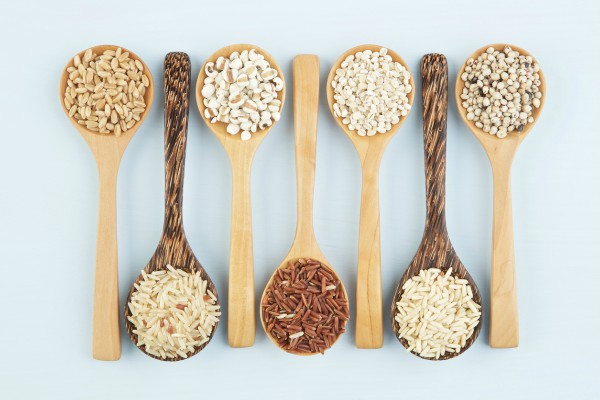
Opting for wholegrain foods (oats, brown rice, buckwheat, rye, millet and quinoa) rather than refined white foods will maximise your intake of the essential nutrients needed for pregnancy, such as B vitamins, zinc, magnesium and calcium. The fiber from these foods also help balance blood sugar levels and prevent constipation.
HEALTHISTA LOVES: Clearspring Organic Gluten-Free Power Porridge £3.49 from Healthista Shop
Eat Organic
Buy organic fruit, vegetables, meat and eggs wherever possible. Organic food contains lower levels of pesticides, herbicides and other toxic substances, and is also likely to be more nutrient dense because it is grown in crop-rotated soil.
organic food is likely to be more nutrient dense because it is grown in crop-rotated soil
If cost is an issue, consider going to farmers markets or asking for the cheaper cuts and using a slow cooker, bulk buying also helps cut costs. You could also look up the ‘dirty dozen’ and ‘clean fifteen’ – the fruit and vegetables with the most vs least pesticide residue.
Individual nutrients
Regarding specific nutrient recommendations, it seems common sense that our needs should increase in order to build a whole new person. However, the fact is that the body is so amazing and the gut tissues actually change and adapt in order to increase absorption of all of the nutrients needed to build a healthy baby. Therefore, it’s less important to focus on specific nutrients, but more important to ensure that the diet is providing good quality protein, fats and vitamins in order to make available the extra nutrients for the body to absorb.
Protein
Protein provides the building blocks for the body and is necessary for both mum and baby’s requirement for the new tissue formation including placenta, increased blood volume, etc. It’s likely that any deficiency in protein intake would be compensated by depleting maternal resources in favour of the baby’s growth, which isn’t an ideal scenario. Good sources include fish, poultry, eggs, beans, lentils, nuts, seeds and red meat in moderation and avoid processed meats.
Folate
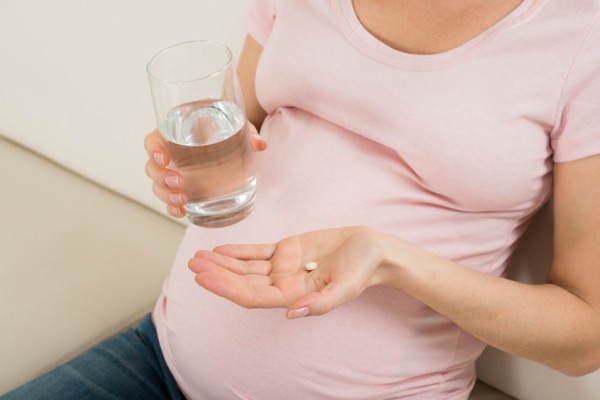
Folate is important during preconception, as most people are aware of, but it is also recommended that women increase their Folate intake during pregnancy by about 100microgram a day to 300mcg/day. I always advise women to take the natural form of Folate instead of Folic Acid, which is the synthetic form, although the names are interchangeable so if you are using a supplement, check whether it’s a ‘food-state’ natural form or synthetic. It should be taken as part of a B vitamin complex or multivitamin alongside the other B vitamins, not on its own as this can cause an imbalance of the other B vitamins. Good sources of Folate are dark green leafy vegetables such as spinach, kale, broccoli, legumes, nuts and avocados.
TRY: Nature’s Own Pregnancy Support £13.90 from Healthista Shop
Zinc
This mineral is vital for both male and female fertility, it’s also needed for healing and repair post birth. Low levels of zinc have also been associated with post-natal depression. Make sure your pre-natal and pregnancy vitamin contains zinc in order to prevent depletion.
Calcium
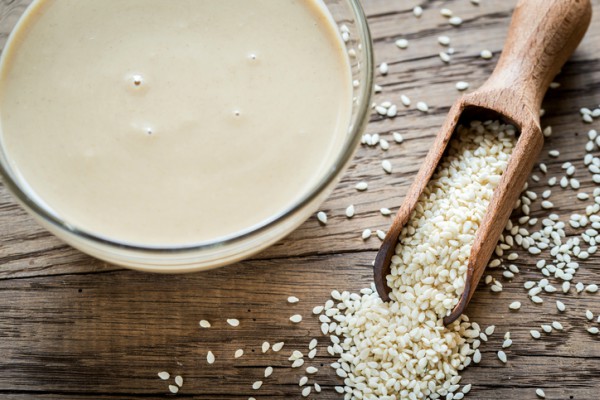
The RDI for calcium during pregnancy is 1200mg per day, which is 300mg more than for non-pregnant women. During the third trimester the baby’s bones are developed and if there is a lack of calcium in the diet, the nutrients are drawn from the mother’s stores instead, ie her bones. Good sources of calcium are tahini, sardines (with bones), nori seaweed, salmon, almonds, figs, yoghurt, spinach and watercress.
Vitamin D
Vitamin D is essential for the proper functioning of the immune system and also for bone formation, however Vitamin D deficiency is extremely common in the UK. Those women with adequate Vitamin D intakes during pregnancy have been shown to have babies with better infant growth and lower levels of dental enamel dysplasia as infants.
women with adequate Vitamin D intakes during pregnancy have been shown to have babies with better infant growth and lower levels of dental enamel dysplasia as infants
When I work with fertility, I always have women’s Vitamin D levels checked prior to trying for a baby. It’s important that the immune system works well in order to not reject the foetus, and clearly pregnancy is a critical period in terms of bone formation. Some populations are at higher risk of vitamin D deficiency, in particular those living in the northern hemisphere and those with darker skin tones. Get your levels checked and supplement accordingly.
Essential Fatty Acids
Numerous studies have shown a benefit from the effect of EPA and DHA (omega 3 fats) on brain formation, neurological and early visual development of the baby. Some studies also show a correlation between higher intakes of omega 3 fats and a reduced risk of allergies in children, lower rates of pre-term labour, and lowered risk of pre-eclampsia. The problem is that our modern western diet is woefully deficient in omega 3 fats, and the best way to ensure that you are getting enough before and during pregnancy, as well as during breast feeding, is by taking a good quality supplement.
Are there any foods that should be avoided during pregnancy?
Yes, there are but the guidelines do keep changing so it’s best to check the government advice via something like the NHS website for the most up-to-date advice as they have comprehensive lists that are always kept updated. Peanuts are one of those foods that the government previously advised against during pregnancy if there was a history of allergy in the family. However, that advice has now changed based on recent research that shows the opposite may be true.
As a general rule, avoid unpasteurised or undercooked dairy, meat, fish, shellfish, eggs, mayonnaise, pates, liver producs and game.
Food borne diseases
Listeriosis is a concern during pregnancy, as the infection could cross the placenta and can be responsible for faetal dealth. Listeria is most commonly found in mould ripened cheeses, unpasterurised pates, and cold cuts. Therefore those foods are ideally better avoided.
Toxoplasma Grandii is a parasitic infection which can be caught from undercooked meat, including parma ham and salami, or cleaning cat litter trays, therefore it’s a good idea to cook all meat thoroughly and avoid activities such as cleaning out cat litter trays.
Salmonella is unlikely to harm your baby but you can become severely ill from eating infected raw or undercooked eggs such as homemade mayonnaise that hasn’t been pasteurised so it’s best to avoid this too.
Wild game should be avoided as it may contain high levels of lead from the pellets used to shoot the animal. Venison and other game from supermarket is usually farmed and may be safer but it’s best to ask the retailer.
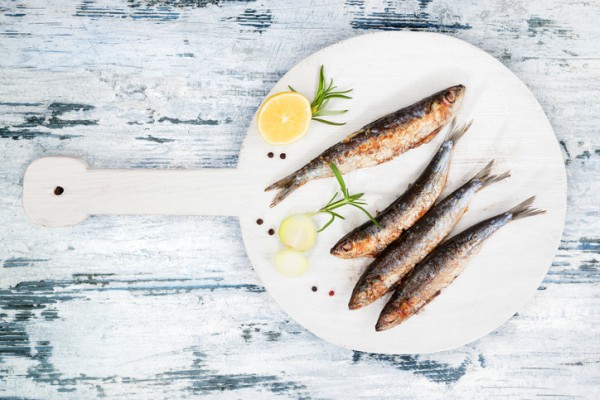
As mentioned above, our western diets is severely deficient in omega 3 fats, the best source of which is oily fish. However, some fish contains high levels of mercury, which can be harmful to the baby so those need to be avoided. Do not eat shark, swordfish or marlin if you’re pregnant or plan to try for a baby. Tuna should be limited; official advice is to have no more than two tuna steaks or four medium-sized cans of tuna a week but I would cut this out altogether in favour of other types of fish. You should also avoid having more than two portions of oily fish a week, such as salmon, trout, mackerel, herring or tuna. This is due to the pollutants like dioxins and PCB’s they may contain. In my opinion the better options are Keta salmon which is certified wild Alaskan salmon, or sardines, which are small so less likely to be as heavily contaminated as the larger fish. White fish is fine to eat but does not contain enough omega 3 so again, I recommend a good quality supplement.
Caffeine and alcohol
While opinions differ on how much alcohol is safe during pregnancy, zero alcohol is always the safest level. Your baby’s organs are in development throughout pregnancy and are therefore vulnerable to damage, with the brain in particular at risk. Alcohol is a toxin to the body and is a substance that a growing baby just does not need.
Caffeine
Tea, coffee and other caffeinated drinks such as Coca-Cola should be reduced, or better still completely eliminated. Caffeine crosses the placenta and enters your baby’s bloodstream, having the same stimulating effect in the baby as in adults. As your baby is not fully developed, these stimulatory effects are likely to be more profound. Decaffeinated products can unfortunately be chemically processed so I recommend that those are avoided too.
avoid both caffeinated and decaffeinated products
Exposure to chemicals
A final word on chemicals in our environment, plastics and those chemicals found in our cleaning products and skincare can be harmful to a growing foetus. It’s best to avoid wrapping your food in plastics and consider switching to a natural deodorant and using organic skin, hair and body products.
 Sandra Greenbank is a registered nutritional therapist specialising in fertility, pregnancy and women’s health. She runs a clinic in Harpenden, Herts and also a virtual clinic where she consults with clients all ove r the UK and Europe. Find out more at sandragreenbank.com
Sandra Greenbank is a registered nutritional therapist specialising in fertility, pregnancy and women’s health. She runs a clinic in Harpenden, Herts and also a virtual clinic where she consults with clients all ove r the UK and Europe. Find out more at sandragreenbank.com
Read more
Can yoga help you get pregnant?
7 sex tips to help you get pregnant
What REALLY happens to your body during pregnancy?
5 fertility mistakes your MAN is probably making
Like this article? Sign up to our newsletter to get more articles like this delivered straight to your inbox.















